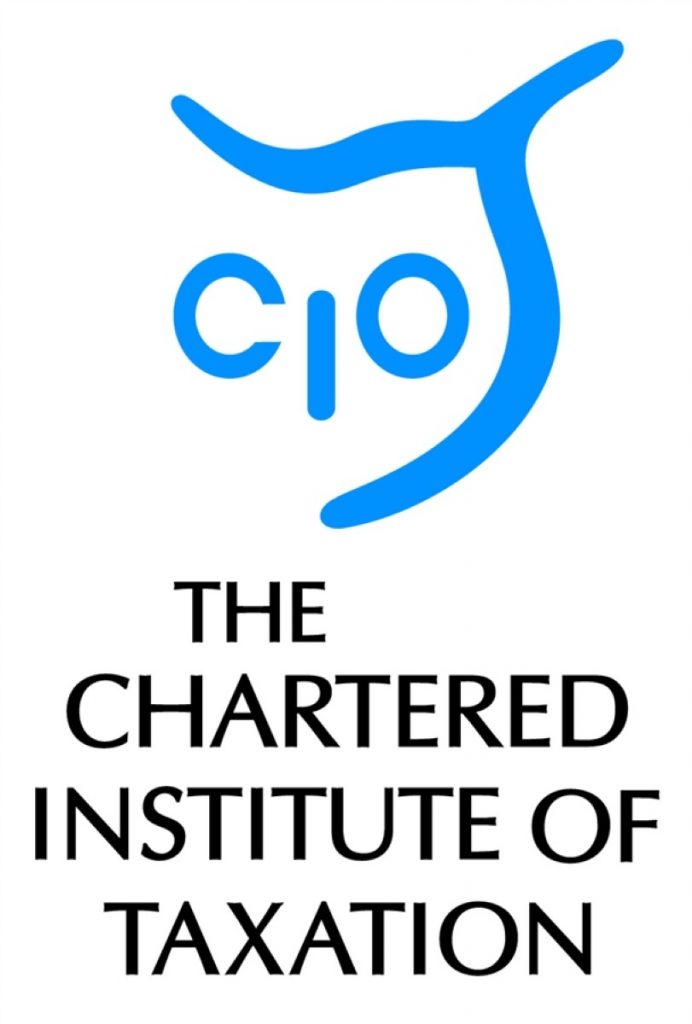Offshore tax: debate welcomed but new offence “a hugely controversial step”
Tax advisers have welcomed the Government’s launch of a debate over penalties for offshore tax evasion but expressed concern over proposals for a new criminal offence for those who fail to declare taxable offshore income and gains, which would mean the authorities would no longer need to show the person had acted dishonestly or with criminal intent.
These proposals appear in two consultation papers published today.
Commenting, CIOT spokesman Gary Ashford said:
“Rightly, the net is tightening on those who think they can keep money in offshore bank accounts out of sight of the taxman.
“HMRC are pursuing a carrot and stick approach on undeclared offshore income, mixing disclosure facilities for those willing to become compliant with a bigger push against those who continue to evade. These proposals show quite how big a stick HMRC would like to wield.”
Commenting on HMRC’s consultation document on strengthening civil sanctions for tax evasion, Gary Ashford said:
“CIOT welcomes the open debate that HMRC appears to be seeking on additional ways to clamp down on international tax evasion. The options being put forward deserve serious consideration.
“The penalties for non-compliance with tax obligations need to be large enough to act as an effective deterrent. The Government are undoubtedly hoping to encourage people who have been non-compliant to make disclosures, particularly under the Liechtenstein Disclosure Facility. Wider and more efficient arrangements for exchanging tax information internationally mean the net is continuing to close in on those wanting to hide their offshore assets from the taxman.
“The extension of the scope of the offshore penalties regime to include inheritance tax is significant. It ties in with current government proposals to widen the requirement for disclosure of avoidance schemes to take in IHT schemes. IHT avoidance and evasion is clearly an area that HMRC is intent on targeting.”
Commenting on the proposal for a new criminal offence for those who fail to declare taxable offshore income and gains, Gary Ashford said:
“Creating a new strict liability criminal offence of failing to declare taxable income and gains arising offshore would be a hugely controversial step. HMRC already has the power to criminally investigate anyone with either UK or offshore untaxed funds where they can show these were deliberately not declared. If they cannot show dishonesty or criminal intent then civil penalties, up to double the amount of tax owed, in addition to the tax itself, can still be levied. The new offence would enable criminal convictions, potentially with custodial sentences, to be made without any requirement to show the defendant wilfully acted in a criminal way.
“This new offence would go against the general presumption that mens rea (guilty mind) is required to impose criminal liability. Strict liability offences have up until now mostly been used for matters with immediate risk to the public such as speeding offences or selling contaminated food. It’s hard to see how non-declaration of tax fits into this category.
“UK and international taxation is a minefield of complexity, and the Government must recognise that while some taxpayers actively seek to hide their income by failing to declare their accounts to HMRC, there will be individuals who make mistakes in their financial affairs without intending to act wrongly. Not everyone who under-declares their tax is acting with criminal intent.”
Gary Ashford added:
“Anyone who is worried that they have been underpaying tax – whether deliberately or in error, and whether offshore or not – should get professional advice without delay. Penalties will generally be less severe for taxpayers who come forward voluntarily to put their affairs in order with HMRC.”
Notes to editors:
1. HMRC’s consultation documents can be accessed here, and here.
2. The Chartered Institute of Taxation
The Chartered Institute of Taxation (CIOT) is the leading professional body in the United Kingdom concerned solely with taxation. The CIOT is an educational charity, promoting education and study of the administration and practice of taxation. One of our key aims is to work for a better, more efficient, tax system for all affected by it – taxpayers, their advisers and the authorities. The CIOT’s work covers all aspects of taxation, including direct and indirect taxes and duties. Through our Low Incomes Tax Reform Group (LITRG), the CIOT has a particular focus on improving the tax system, including tax credits and benefits, for the unrepresented taxpayer.
The CIOT draws on our members’ experience in private practice, commerce and industry, government and academia to improve tax administration and propose and explain how tax policy objectives can most effectively be achieved. We also link to, and draw on, similar leading professional tax bodies in other countries. The CIOT’s comments and recommendations on tax issues are made in line with our charitable objectives: we are politically neutral in our work.
The CIOT’s 17,000 members have the practising title of ‘Chartered Tax Adviser’ and the designatory letters ‘CTA’, to represent the leading tax qualification.





-01.png)